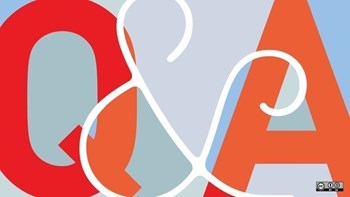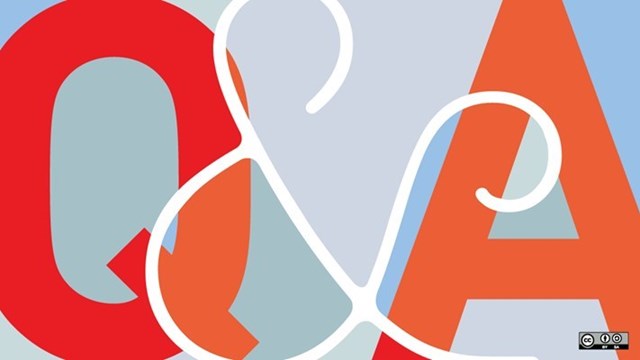
Q I am on the board of a condo. We have a unit owner who is in arrears on maintenance and has cumulative late fees of several hundred dollars. The late fees result from being consistently late in making payments over the last few years and consistently being one month behind on maintenance payments during that same period. The unit is now for sale. Is it legal to insist that both maintenance and late fee be paid at the closing as a condition of selling?
—Better Late than Never
“When title to a unit is transferring, such as by sale, a statement of account (referred to as the ‘6(d) certificate’) is requested. In the event that a unit owner pays current, the 6(d) certificate will display a ‘$0’ balance and be ‘clean’. Absent payment, the association may issue a ‘dirty’ 6(d) certificate which displays the balance due. If a purchaser buys a condominium unit with a ‘dirty’ 6(d) certificate or with no 6(d) certificate at all, then they have assumed the outstanding balance of the prior owner.
“Even where the balance due is disputed, Massachusetts courts have held that unit owners must first make payment and then subsequently seek reimbursement. Where a unit owner argued that the association’s refusal to provide a ‘clean’ 6(d) certificate jeopardized the sale of the unit, a Massachusetts Superior Court disagreed. The court held that the unit owner remained in control of the sale because they could pay the balance, obtain a ‘clean’ 6(d) certificate and, thereafter, seek reimbursement.”






Leave a Comment